Where Are They Now?
In 2013, Metrohm USA established the Young Chemist competition for all graduate, post-graduate and doctorate students residing and studying in the US and Canada who are performing novel research in the fields of titration, ion chromatography, spectroscopy and/or electrochemistry.
Metrohm is owned by the non-profit Metrohm Foundation and in continuation with its long-standing commitment to the advancement of philanthropy and science, the Young Chemist award and surrounding events recognize the contribution the award winners are making with their work to improve the human condition.
We caught up with the previous winners of this prestigious award. Click on each tab to find out what they are up to and how this award has made an impact on their lives.
What do you do now? Are you still working in the same area of research?
“I’m in a similar field, but not exactly the same. I’m working now as a software engineer at the National Center for Atmospheric Research on air-quality/weather/climate models and related tools.”
Did winning the Young Chemist award influence your career?
“I think having the Young Chemist award on my CV helped me get the fellowship that eventually led to my current position – so, yes it has definitely influenced my career. It was also great to get to know the Metrohm people – I learned a lot of practical information about ion chromatography from Greg DeMattia in particular.”
What would be your one piece of advice for up-and-coming young chemists?
“My one piece of advice would be to keep an eye out for unexpected opportunities. I would not have expected to end up where I currently am, but I really enjoy the work and am glad things worked out as they did.”
What did you do with your prize?
“One of the things I did with the prize was buy a nice laptop that got me through 2 post-docs and is still going strong.”
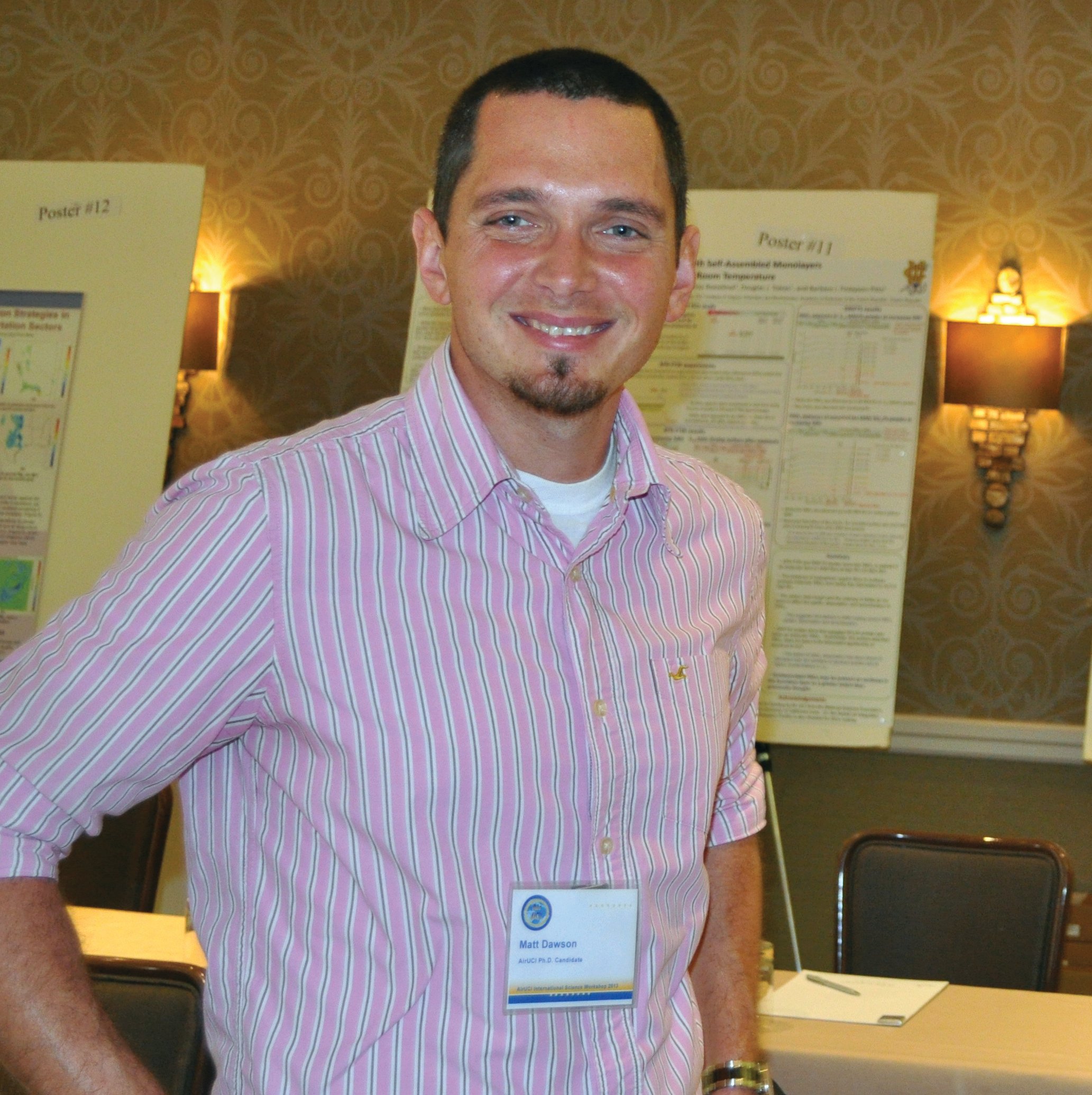
What do you do now? Are you still working in the same area of research?
“I’m currently an R&D scientist leading the pre-lithiation technology development at A123 Systems. I’m not working on CO2 photo-electrochemical reduction anymore, but in the field of lithium-ion batteries now. However, I’m still in the field of electrochemistry which I still love!”
Did winning the Young Chemist award influence your career?
“Yes, definitely! The Young Chemist award recognized my work as a Ph.D. student and gave me a lot of confidence to overcome new challenges. Besides, winning the Young Chemist Award was a great experience. Having this award on my resume likely helped with my career development as well.”
What would be your one piece of advice for up-and-coming young chemists?
“Keep learning and exploring, and stay open-minded!”
What did you do with your prize?
“I did not do anything too special, but I did treat myself to some good times and good food!”
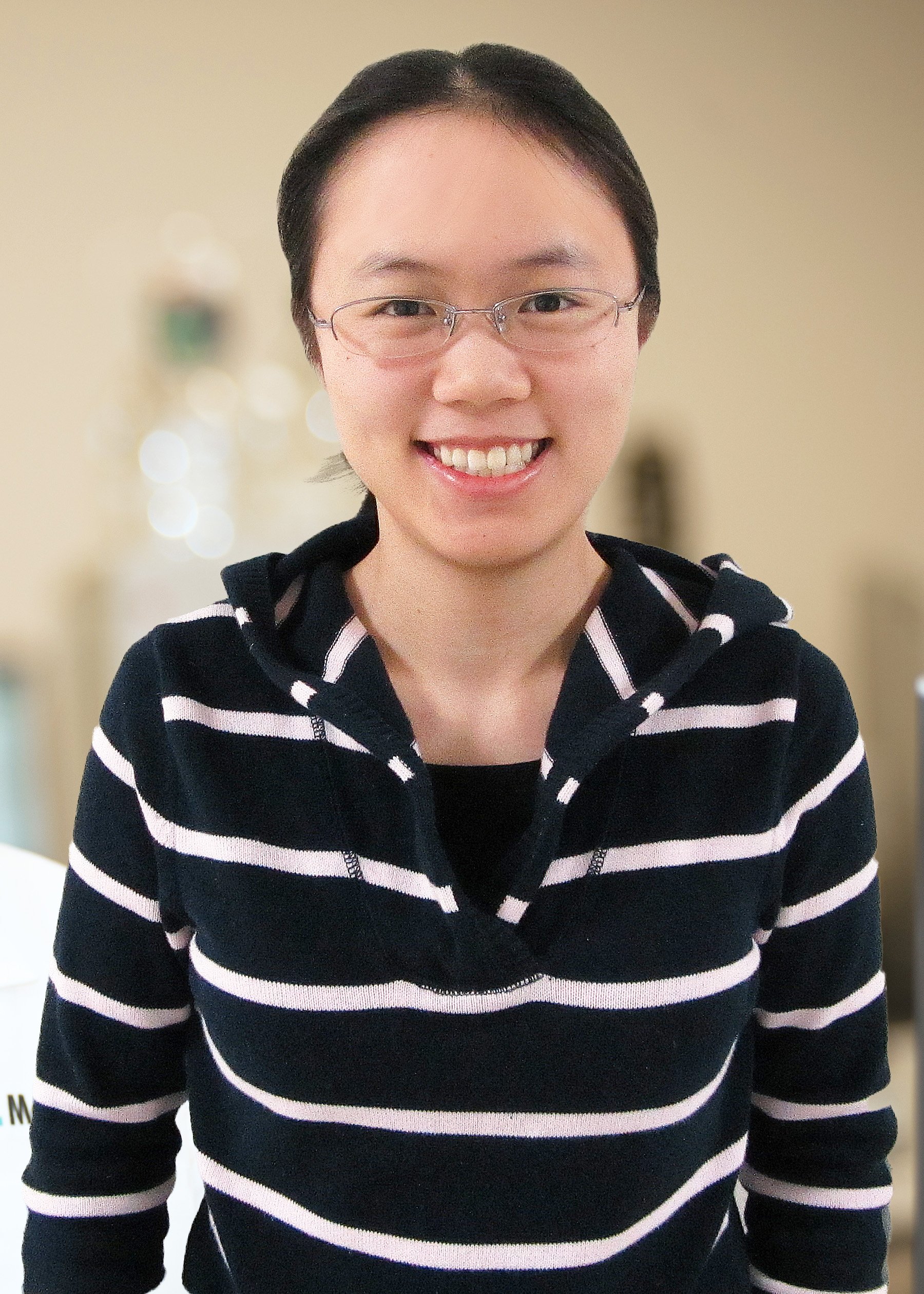
What do you do now? Are you still working in the same area of research?
“I’m currently working in healthcare communications in Paris, France. I finished my PhD in late 2016, took a year off to travel, and then started working with the healthcare branch of a traditional advertising agency in January 2018. In June 2019, I transitioned to a different company that had more expertise in digital communications, and that company was acquired by WebMD in May 2020. So no, as a current employee of WebMD, it’s safe to say I’m not currently working in the same area of research!”
Did winning the Young Chemist award influence your career?
“I think the careers of scientists can lead down many different pathways. Winning the award definitely made graduate school easier and contributed to some of the travel I was able to do immediately after defending. Exploring the world outside of North America helped me realize that opportunities existed outside of research science, so I would say the award indirectly pushed me in a direction where I could more comfortably explore alternative career paths.”
What would be your one piece of advice for up-and-coming young chemists?
“Don’t feel limited by the constraints of your research – the world is your oyster. A chemistry degree can be a great launching pad for a traditional academic career, but it will also provide you with advanced skills as both a researcher and as a problem-solver. These traits are extremely desirable and applicable to many different industries.”
What did you do with your prize?
“I was able to fund travel to an international conference in Germany to present my research and after – as alluded to above – I traveled around Europe for a few weeks. That experience opened the floodgates and having the prize money enabled me to spend more time traveling after I defended.”
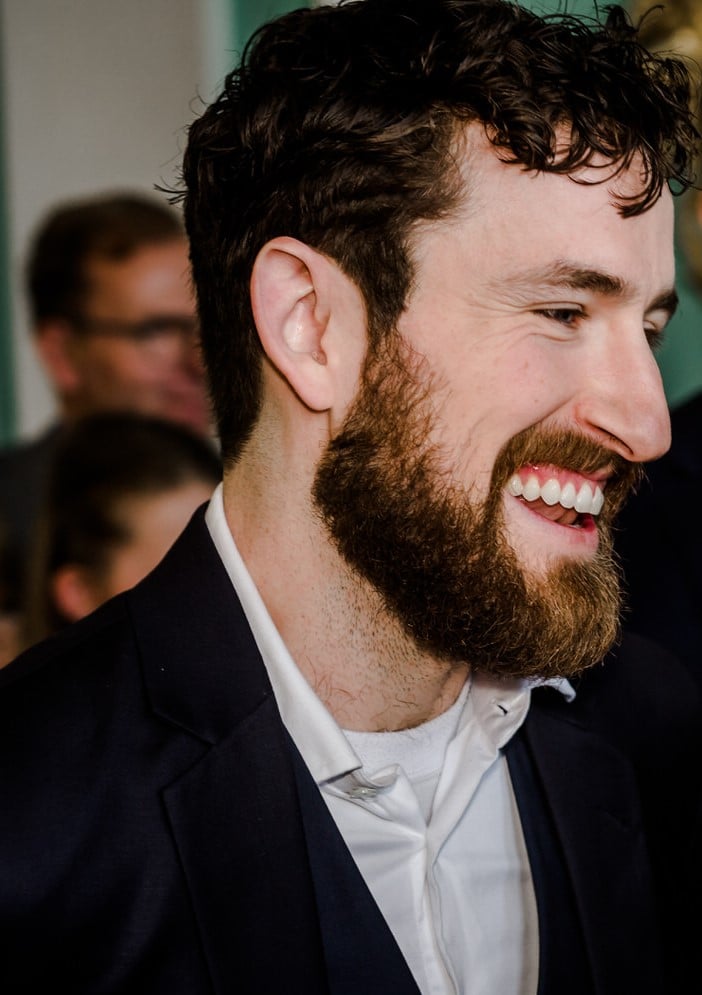
What do you do now? Are you still working in the same area of research?
“I am presently a postdoc at Northwestern University. I will be starting my own research group as an Assistant Professor at North Carolina State University in Jan 2021. I have continued to work in the area of wearables and expanded into newer fields of implantable devices and smart energy systems for broad biomedical applications.”
Did winning the Young Chemist award influence your career?
“Indeed! It has significantly enhanced my resume and helped me acquire a faculty position!”
What would be your one piece of advice for up-and-coming young chemists?
“Don’t be afraid of failures. Failure teaches one a lot more than success does.”
What did you do with your prize?
“I invested it for future use.”
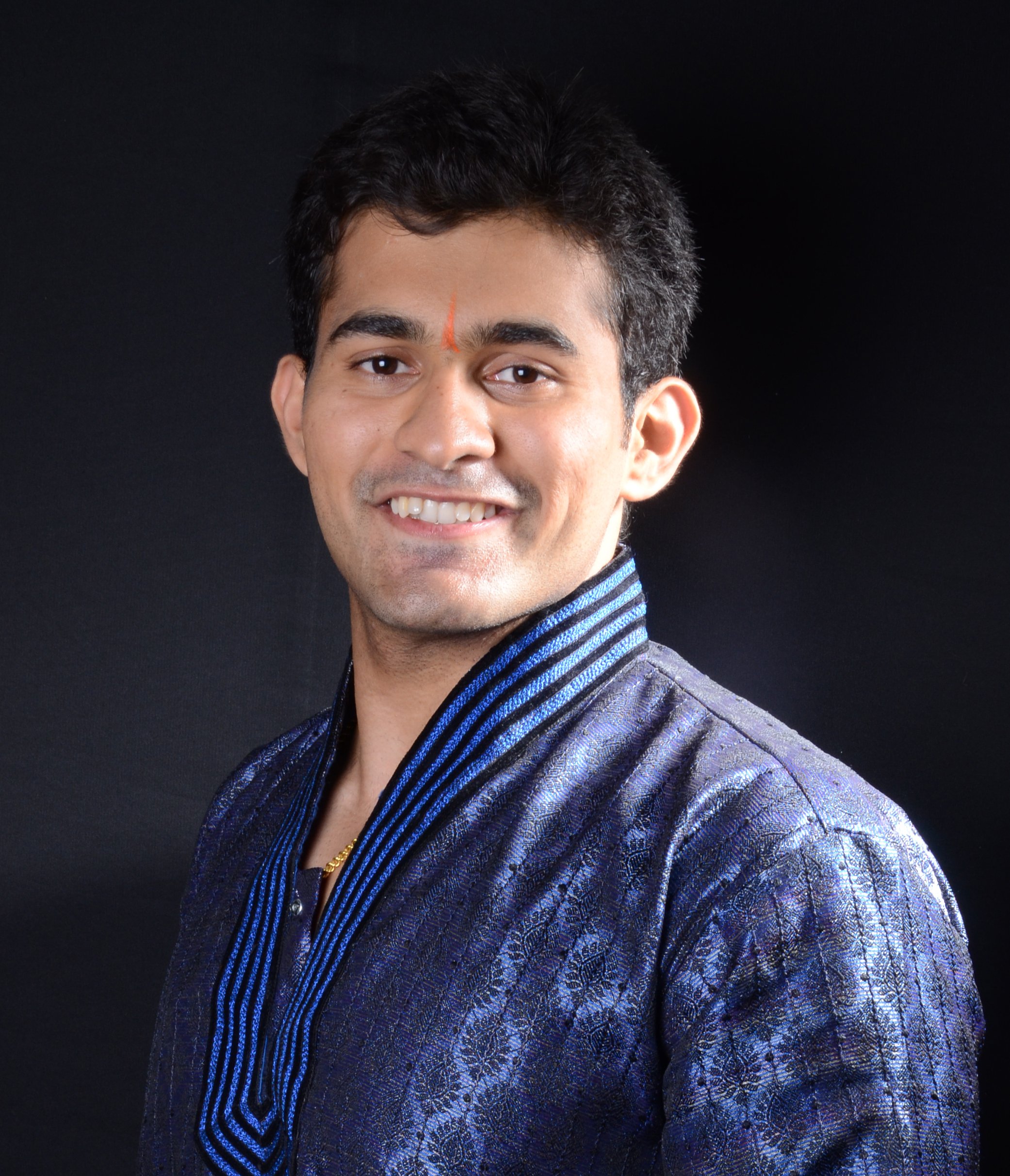
What do you do now? Are you still working in the same area of research?
“I am currently a 4th-year medical student applying for a residency in General Surgery. My dreams and aspirations are to become a critical care, trauma and burn surgeon. I worked on Electrochemical Impedance Spectroscopy (EIS) research during my first year of medical school. The research was on the detection of lactate from trauma patients utilizing EIS for enhanced management of glycemic compromised patients. This research showed that Electrochemical Impedance Spectroscopy lactate biosensor achieved a range of detection from 0 mM to 32 mM of lactate and the glucose sensor a range of 0 mg/dL to 100 mg/dL of glucose, which are representative of the likely physiological ranges that trauma patients experience. Currently, my research has been solely on trauma and burn research. Some of my recent work includes the utilization of synthetic biodegradable dermis polymers in the use of large total body surface area burns. I have also researched the results of tracheal ulcers on intubated patients in the intensive care unit, and the effects of amphetamine use and ARDS.”
Did winning the Young Chemist award influence your career?
“Yes, it has further driven my passion for research. It has allowed me to explore different avenues and was one of the contributing factors to why I decided to go to medical school.”
What would be your one piece of advice for up-and-coming young chemists?
“The one thing I continue to do is daydream about the effects my research can have in bettering my community and patients.”
What did you do with your prize?
“I have saved my prize for three years. I plan to use this prize when I apply for a general surgery residency and a small European trip to visit family and celebrate my graduation in the spring.”
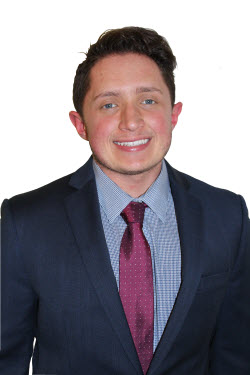
What do you do now? Are you still working in the same area of research?
“I am now a senior biomedical engineer at Medtronic Diabetes who works on process development and continuous glucose sensors. It’s fair to say that I am still using electrochemistry on a daily basis and my work allows me to constantly learn new things.”
Did winning the Young Chemist award influence your career?
“I think it helped gain a lot of respect from my colleagues even when I’m relatively new to Medtronic Diabetes. Otherwise, normally it takes a lot of time to build up that trust. I’m immediately assigned to high impact, complicated electrochemical projects after I joined Medtronic Diabetes.”
What would be your one piece of advice for up-and-coming young chemists?
“While the world of electrochemistry is fascinating and you might be an expert in it, developing a marketable device always requires working with other people, especially electrical engineers and computer sciences people. One electrochemist might focus heavily on the electrochemical cell setup, but has very little appreciation for the electrochemical equipment itself in terms of how it works on a coding level, how the noises are processed or how measurements are computed. All these things are very important when you integrate your electrochemical work with others because of their training, they see things very differently from you, and their solutions may impact your work. I advise the up-and-coming young chemists to also learn about the equipment hardware and software for a better integration experience with your future teammate/colleagues.”
What did you do with your prize?
“I spent all of it on my wife and I’s U.S. green card application! We both are US green card holders now thanks to the Young Chemist Award!”
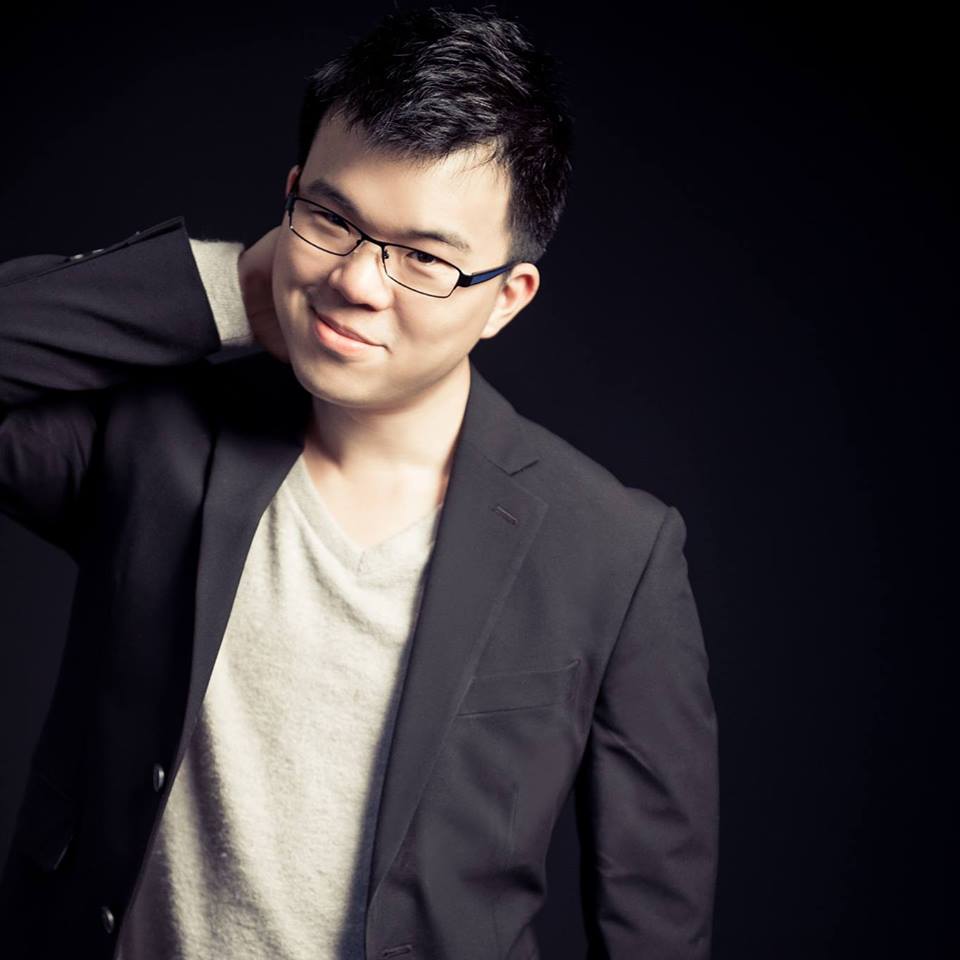
What do you do now? Are you still working in the same area of research?
“I’m finishing up my Postdoc at MIT right now and I’ll be starting as an Assistant Professor of Chemical and Biological Engineering at Northwestern University next fall. My research there will focus on the study of charge transport processes and reactions at electrochemical interfaces to inform the design of new materials for energy storage applications.”
Did winning the Young Chemist award influence your career?
“I was honored to receive the Young Chemist Award, and it was great recognition and exposure as I was starting my faculty job search (which ended up being successful).”
What would be your one piece of advice for up-and-coming young chemists?
“I would advise young chemists to focus on research questions that they are passionate about. Doing this instead of following the crowd, tends to result in the most interesting and useful results.”
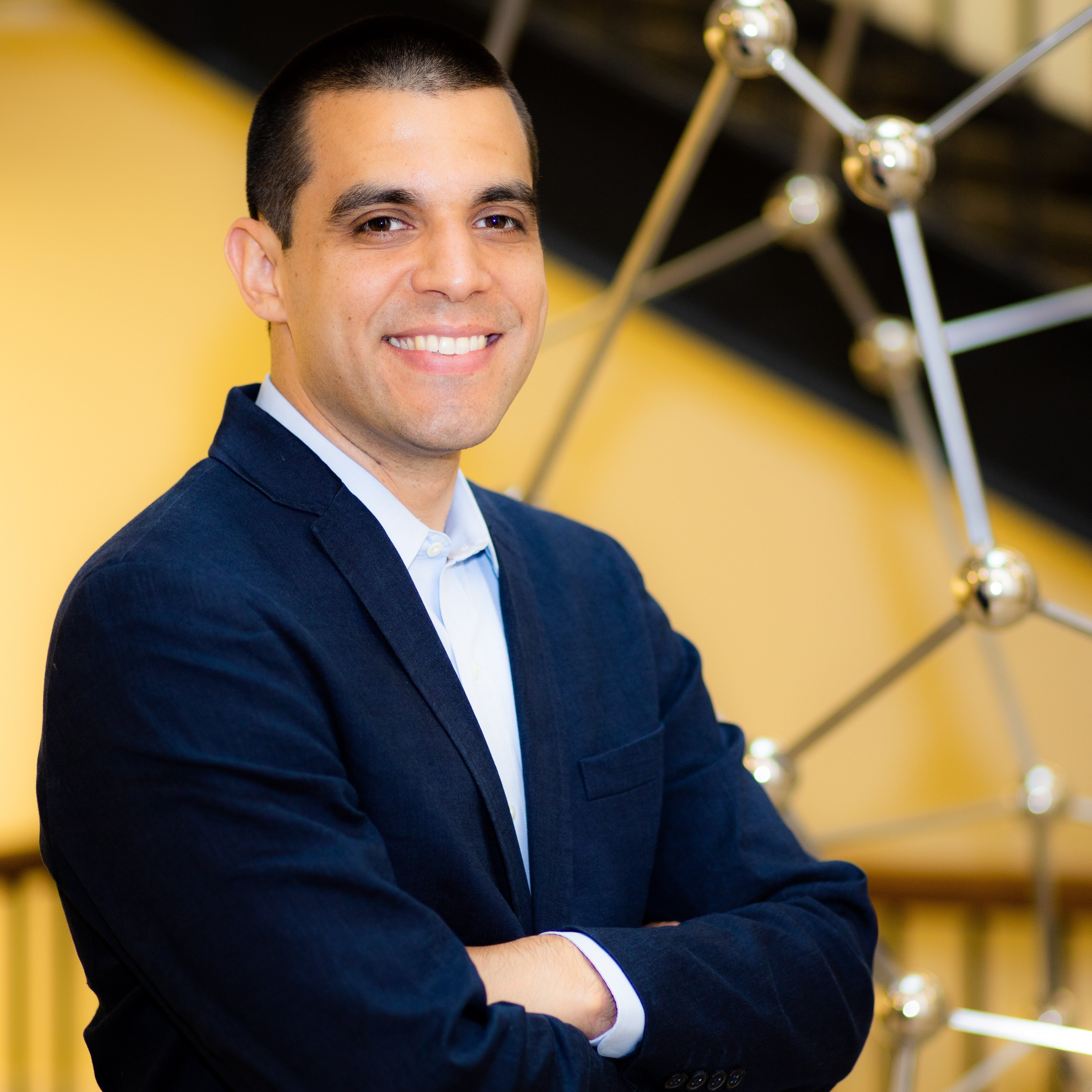
What do you do now? Are you still working in the same area of research?
“I am still working in the same area of research at the same place. The project I was awarded for is what I am working on. However, because of the current pandemic, we have repurposed our technology to develop covid-19 diagnostics. We are also planning to work with companies to accelerate the development and potential licensing deal but nothing is fixed at the moment.”
Did winning the Young Chemist award influence your career?
“Winning the award brought a lot of appreciation from the community and made me more visible to the global community. Having said that, it also brought an added motivation to continue the development as I could see its immediate impact to address the unmet need of COVID-19 diagnostics.”
What did you do with your prize?
“Saving the prize because of current uncertainty due to pandemic.”
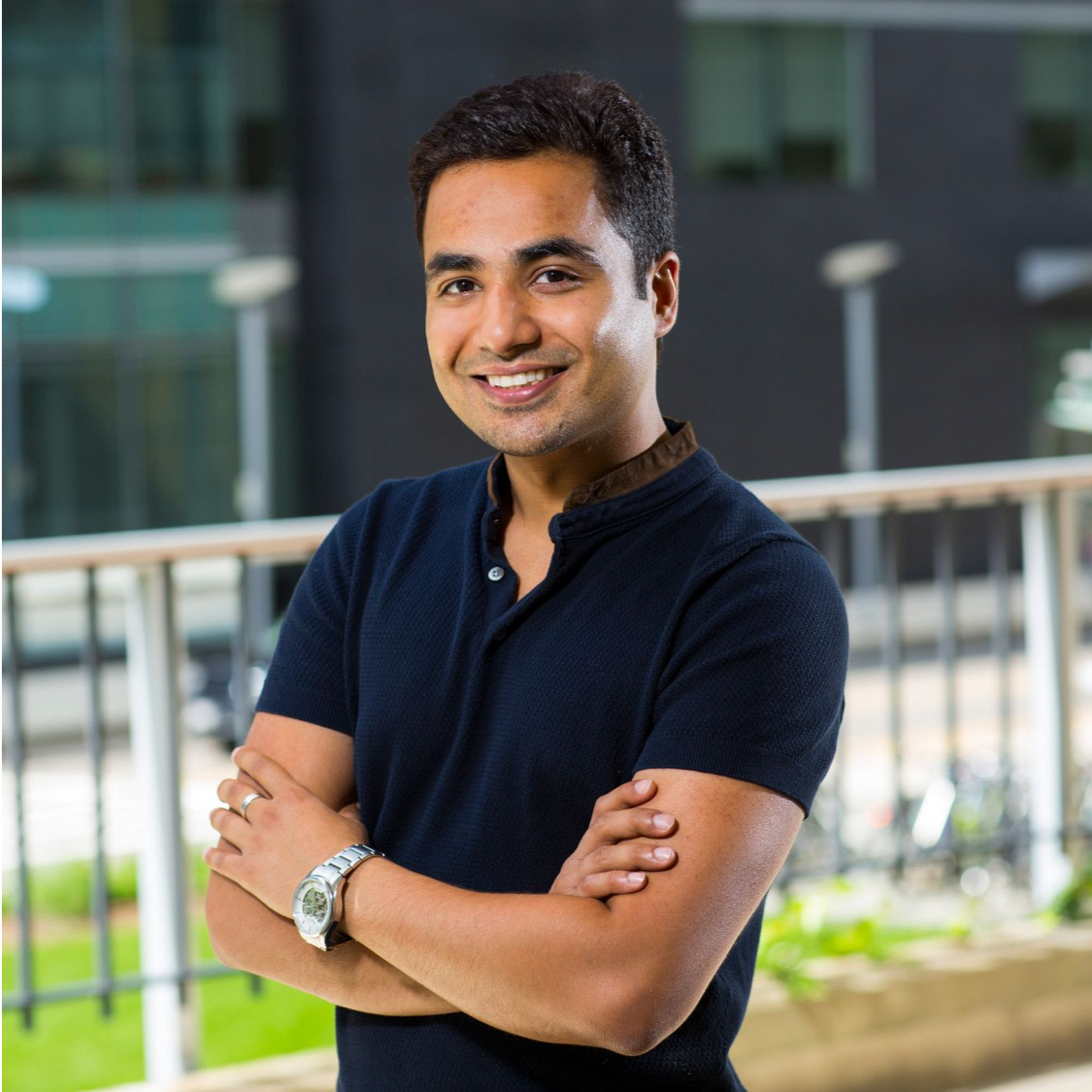
What do you do now? Are you still working in the same area of research?
“I am currently a Research Chemist through the National Research Council Postdoctoral Research Associateship Program (NRC RAP) at the National Institute of Standards and Technology (NIST) in the Surface and Trace Chemical Analysis Group. I am currently working in similar and related areas of research concerning forensic drug chemistry and toxicology."
Did winning the Young Chemist award influence your career?
“The recognition from winning the award and the ability to reach a wider audience had a huge impact on my research and career and I believe helped to secure my Post-doc position, as well as providing confidence for future projects. Winning the award has also led to new contacts and colleagues within my research area and beyond.”
What would be your one piece of advice for up-and-coming young chemists?
"One piece of advice I would give to up-and-coming young chemists is to try to find areas of research you are passionate about and explore them. Your passion will then drive your success in the project. Also, always be on the lookout for collaborations with other researchers or groups that could enhance your own knowledge and grow the project."
What did you do with your prize?
Some of the prize money I saved and some went toward my move to a new city and furniture for my new place.
.jpg?width=284&height=447&name=IMG_3796%20(1).jpg)
